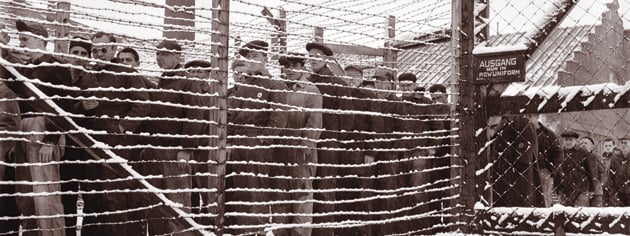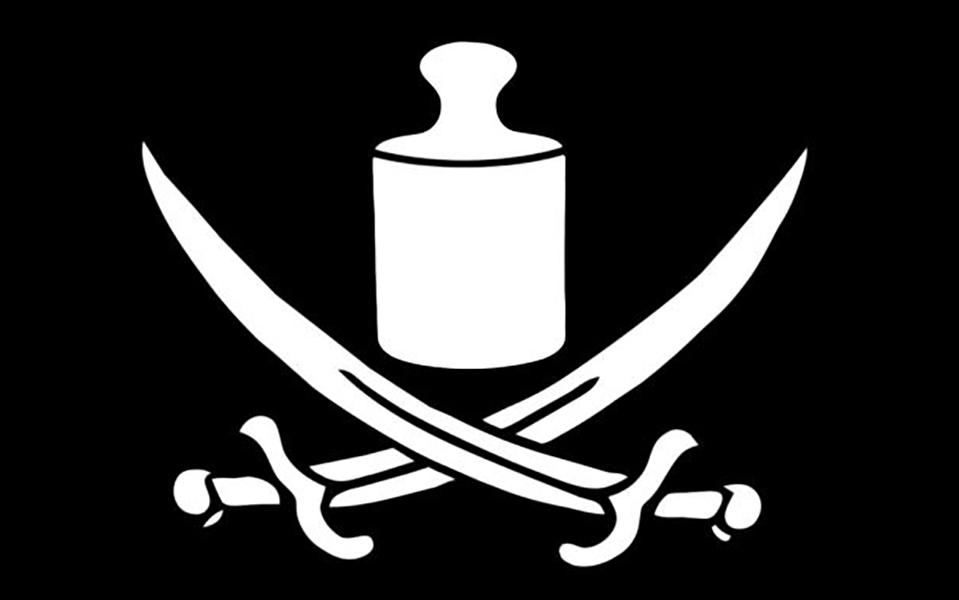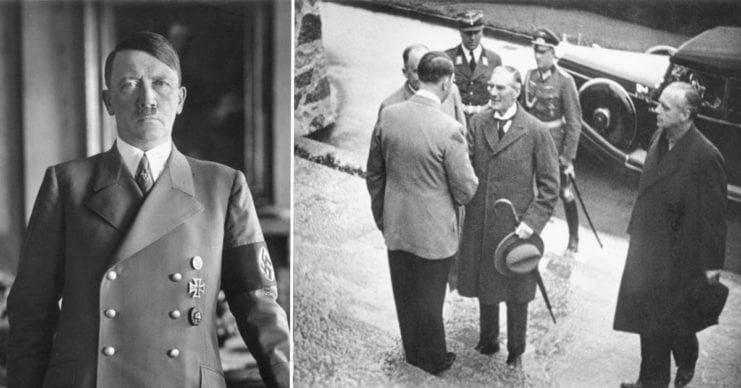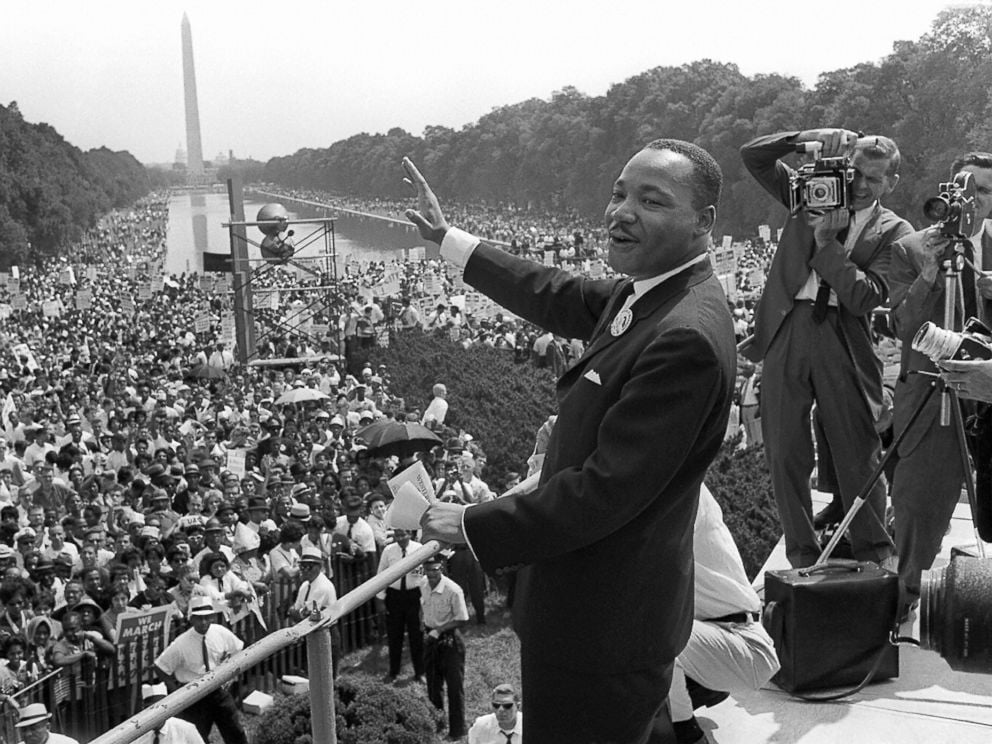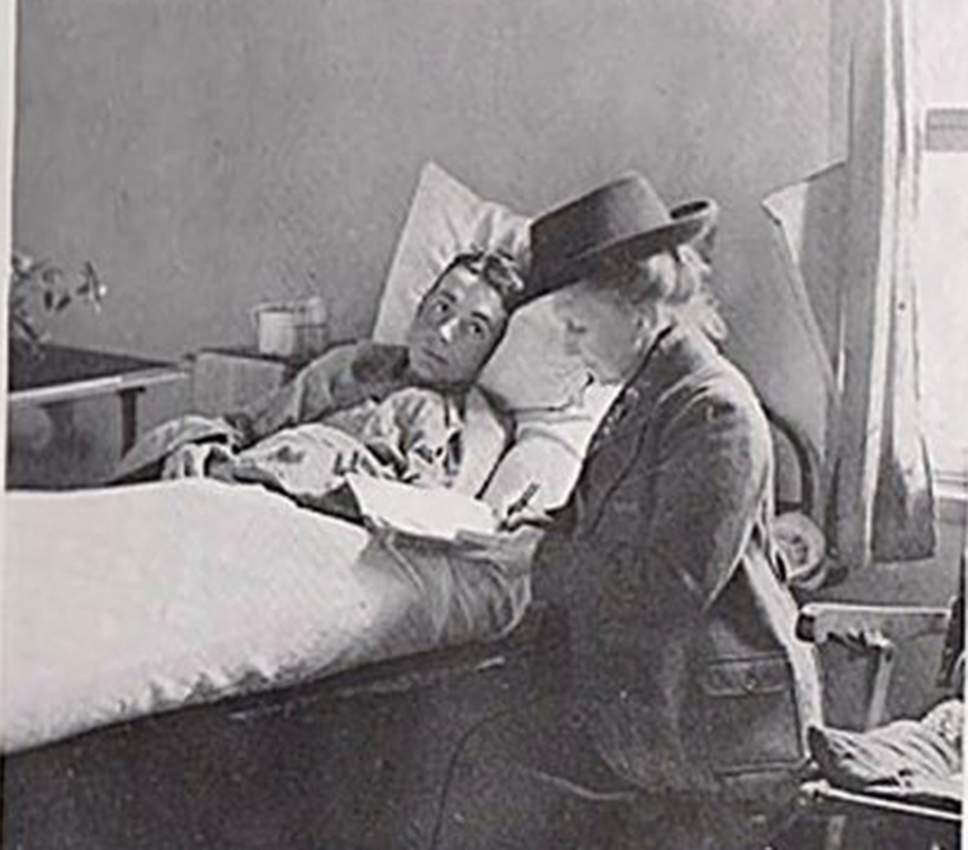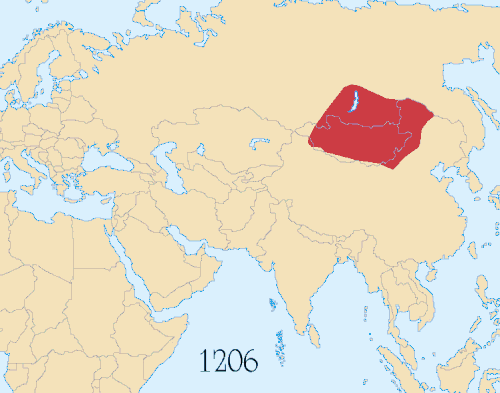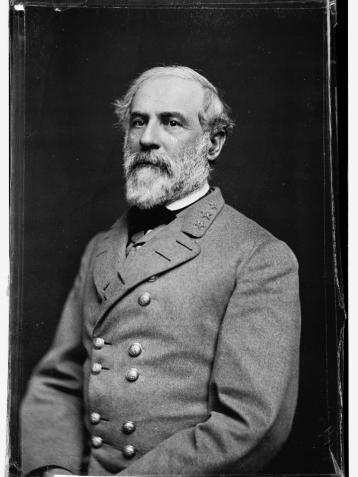During WW2 German prisoners of Wars in Canada were so well treated that they didn’t want to leave the country when released. Thousands of them eventually stayed or came back to Canada with one saying that the time in Canadian prison was “the best thing that happened to me.”
The Happiest Prisoners Prisoners look out from behind barbed wire at Sherbrooke, Que., in 1945. In the shadow of Mount Baldy, where lodgepole pine and trembling aspen compete for space in Alberta’s spectacular Kananaskis Country, all that remains of a Second World War prisoner of war camp are weedy building foundations, a rundown guard tower […]
